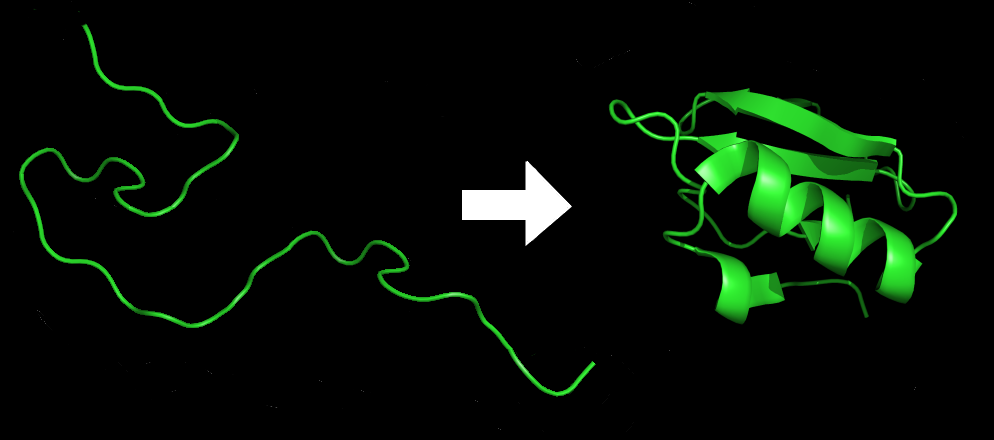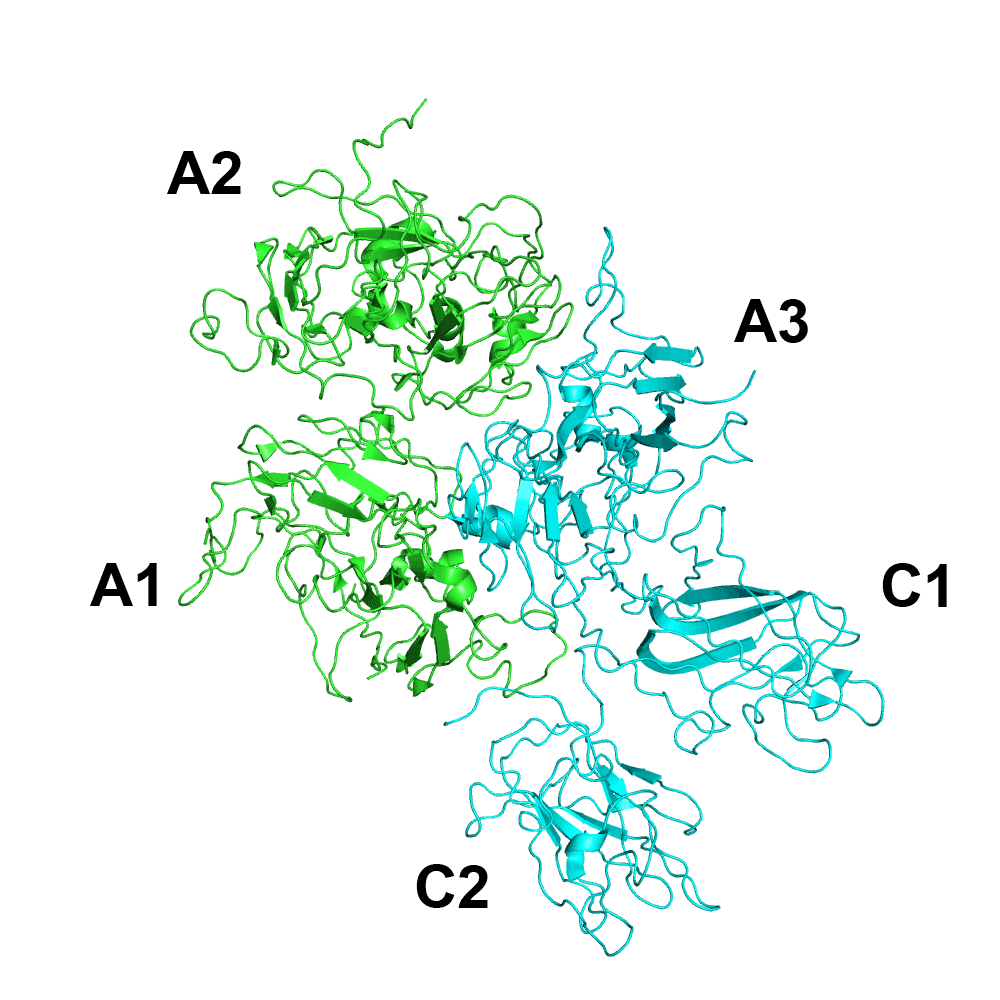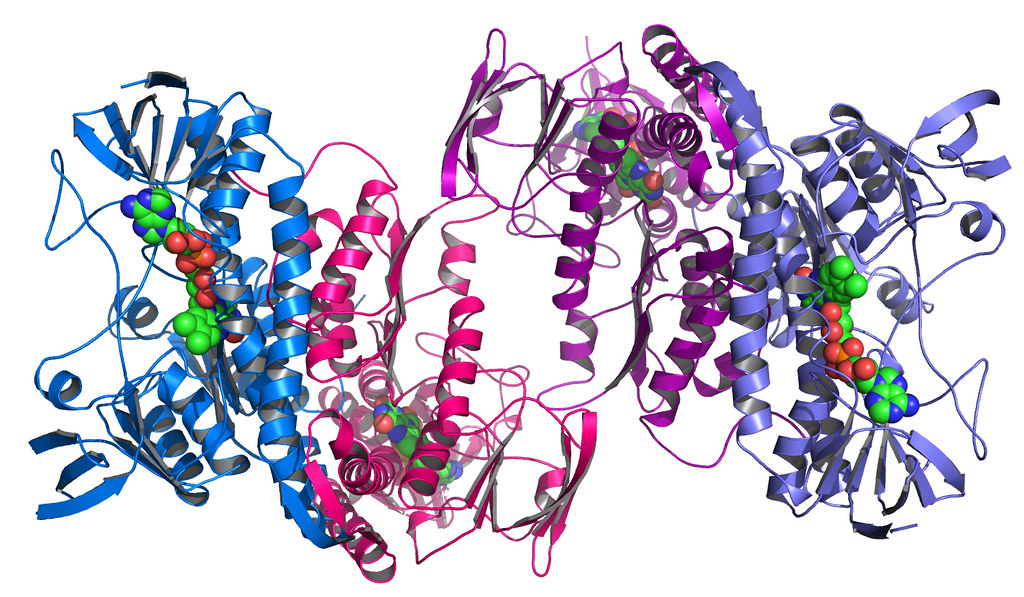A research lab called DeepMind has created an artificial intelligence (AI) program which has largely solved a complicated puzzle that has challenged scientists for 50 years. The success could lead to huge advances in health care.
DeepMind is a London-based research lab which has made the news several times before. Its computer systems have beaten human experts at games like Go, chess, and the video game StarCraft. But this challenge was completely different.
😕
This image has not been loaded because of your cookie choices. To view the content, you can accept 'Non-necessary' cookies.
DeepMind is a research lab which has made the news several times before. Its computer systems have beaten human experts at games like Go, chess, and the video game StarCraft. Above, a DeepMind Go match in 2016.
The new puzzle solved by DeepMind is “protein folding”. Proteins are tiny, strangely-shaped chains of molecules called amino acids. Proteins make up the bodies of all living things.
A protein starts as a long, thin chain that looks a little like a piece of string. But then, based on the amino acids in the chain, it folds into a certain 3D shape. Scientists have found over 200 million different kinds of proteins, but they don’t know what shape most of them take.
The shape of a protein controls how it acts. Based on their shapes, some proteins bind (join) together like puzzle pieces. In living things, proteins serve many purposes. Some proteins are used for building, others for carrying messages, others for causing chemical reactions.

(Source: DrKjaergaard. [Public domain], via Wikimedia Commons.)
Knowing how these proteins are formed is important. The shape can make the difference between something that’s helpful and something that can make you sick. Many medicines work by targeting the shape of a protein that is causing the illness.
But untangling the secrets behind how proteins fold has been slow and difficult. In some cases, it has taken years for scientists to learn how one simple protein folds. Now Deepmind’s AI has shown that it can often do that same job in just a few days.

(Source: Mattkosloski [CC BY 3.0], via Wikimedia Commons.)
To accomplish this, the scientists created a program called AlphaFold using an AI method known as “Deep Learning”.
In deep learning, computer programs sort deeply through huge amounts of information, allowing them to find patterns that humans are often unable to notice. These patterns can then be applied in new and surprising ways.
AlphaFold was trained by feeding it information about the makeup of 170,000 proteins and how they folded.

(Source: DeepMind company, via Wikimedia Commons.)
Once AlphaFold was trained, DeepMind entered it in a contest for solving protein folding challenges. AlphaFold did much better than other computer systems. And on two-thirds of the proteins, it did about as well as real scientists do in the lab.
The idea that a computer can quickly figure out how a protein folds is incredibly good news. In the future it could allow scientists to quickly learn about the causes of some diseases, and come up with medicines and other tools to fight these diseases.
Though Alphafold can figure out the shape for a wide variety of proteins, it’s not perfect. It’s likely that there will be many proteins that AlphaFold, with its current abilities, won’t be able to handle.

(Source: Argonne National Laboratory, via Flickr.com.)
Still, AlphaFold is a huge advance and will lead to big changes in science and medicine. DeepMind says it plans to publish a paper on AlphaFold, and is working on ways to share the technology with other researchers.
Did You Know…?
DeepMind is owned by the same company that owns Google.
